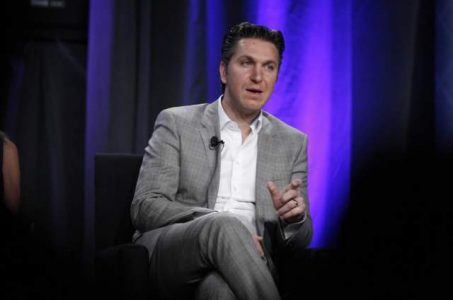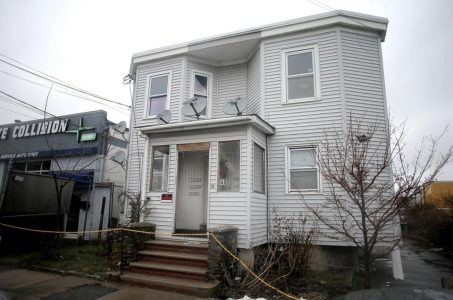Investors in Doomed Foxwoods Philadelphia Project Can’t Recoup $50M License Fee
Posted on: June 30, 2021, 10:11h.
Last updated on: June 30, 2021, 05:14h.
Investors in a failed Philadelphia casino project cannot recover the $50 million they paid for a license they never used because a gaming license is a privilege and not property.

That’s the final word from a panel of Third Circuit appellate judges, who upheld prior Commonwealth and bankruptcy court rulings on Tuesday against Philadelphia Entertainment and Development Partners LP (PEDP).
PEDP is the formal name for the group of investors who plowed money into the Foxwoods Casino Philadelphia project, which flatlined at the height of the last recession.
Among them was the Mashantucket Pequot Tribal Nation, which owns Foxwoods in Connecticut, and would have operated the Philadelphia facility. Local backers included the late Ed Snider, chairman of Comcast, who owned the Philadelphia 76ers and the Philadelphia Flyers.
Project Falls Apart
In 2006, the group successfully bid for one of 14 slots licenses which became available after Pennsylvania residents voted to legalize casinos in 2004. But the Pennsylvania Gaming Control Board (PGCB) revoked the license four years later because the developers had failed to satisfy licensing conditions.
One of those conditions was that they would build a casino in Philadelphia and commence operations by May 2009. Even though Wynn Resorts and then Harrah’s Entertainment, now Caesars, tried to salvage the project, the casino was never built.
Its failure highlights the difficulty of building an urban casino and illustrates why most developers choose suburban or rural locations, where there is likely to be less resistance.
While local officials often backed the Foxwoods proposal, it was opposed at every turn by residents at several suggested locations.
Privilege Not Property
PEDP has argued that PGCB violated the Pennsylvania Uniform Fraudulent Transfers Act (PUFTA) by revoking the license without offering a refund.
But the appellate panel noted that PUFTA related to the transfer of “property,” adding that PEDP never owned the license in this sense.
It also said PGCB could not be the subject of adversarial legal action, citing sovereign immunity.
The Gaming Act’s specific description of the slot machine license as a privilege, and hence not property, is an exception to PUFTA’s general commentary providing a licensee has a property interest in a governmental license for purposes of fraudulent conveyances,” wrote the panel.
“Because the license is a revocable, non-transferable privilege, it is not property that the debtor owns, and hence not res of the bankruptcy estate. As a result, the Commonwealth retains its immunity from a suit seeking to recover a license’s value and, accordingly, the adversary proceeding requesting such relief was correctly dismissed.”
Related News Articles
David Baazov Forms New Global Investment Company
Wynn Boston Harbor Paying Top Dollar to Demolish Nearby Homes
North Korea Decriminalizes Horse Racetrack Gambling, Minimum Age Set at 12
Investors File Suit Against FuboTV, Say Execs Misled About Sports Betting Plans
Most Popular
Genovese Capo Sentenced for Illegal Gambling on Long Island
NBA Referees Expose Sports Betting Abuse Following Steve Kerr Meltdown
UPDATE: Former Resorts World & MGM Grand Prez Loses Gaming License
VEGAS MYTHS RE-BUSTED: The Traveling Welcome to Las Vegas Sign
Most Commented
-
UPDATE: Whiskey Pete’s Casino Near Las Vegas Closes
— December 20, 2024 — 33 Comments -
Caesars Virginia in Danville Now Accepting Hotel Room Reservations
— November 27, 2024 — 9 Comments -
UPDATE: Former Resorts World & MGM Grand Prez Loses Gaming License
— December 19, 2024 — 8 Comments -
FTC: Casino Resort Fees Must Be Included in Upfront Hotel Rates
— December 17, 2024 — 7 Comments
















No comments yet